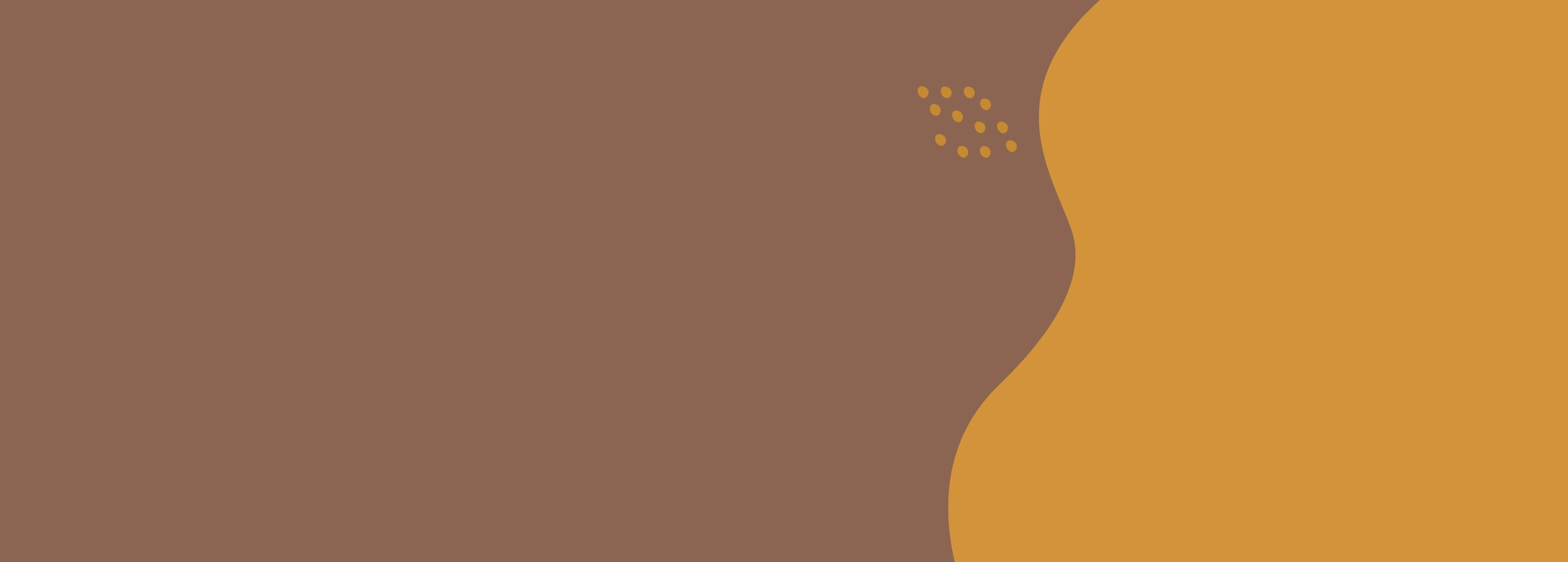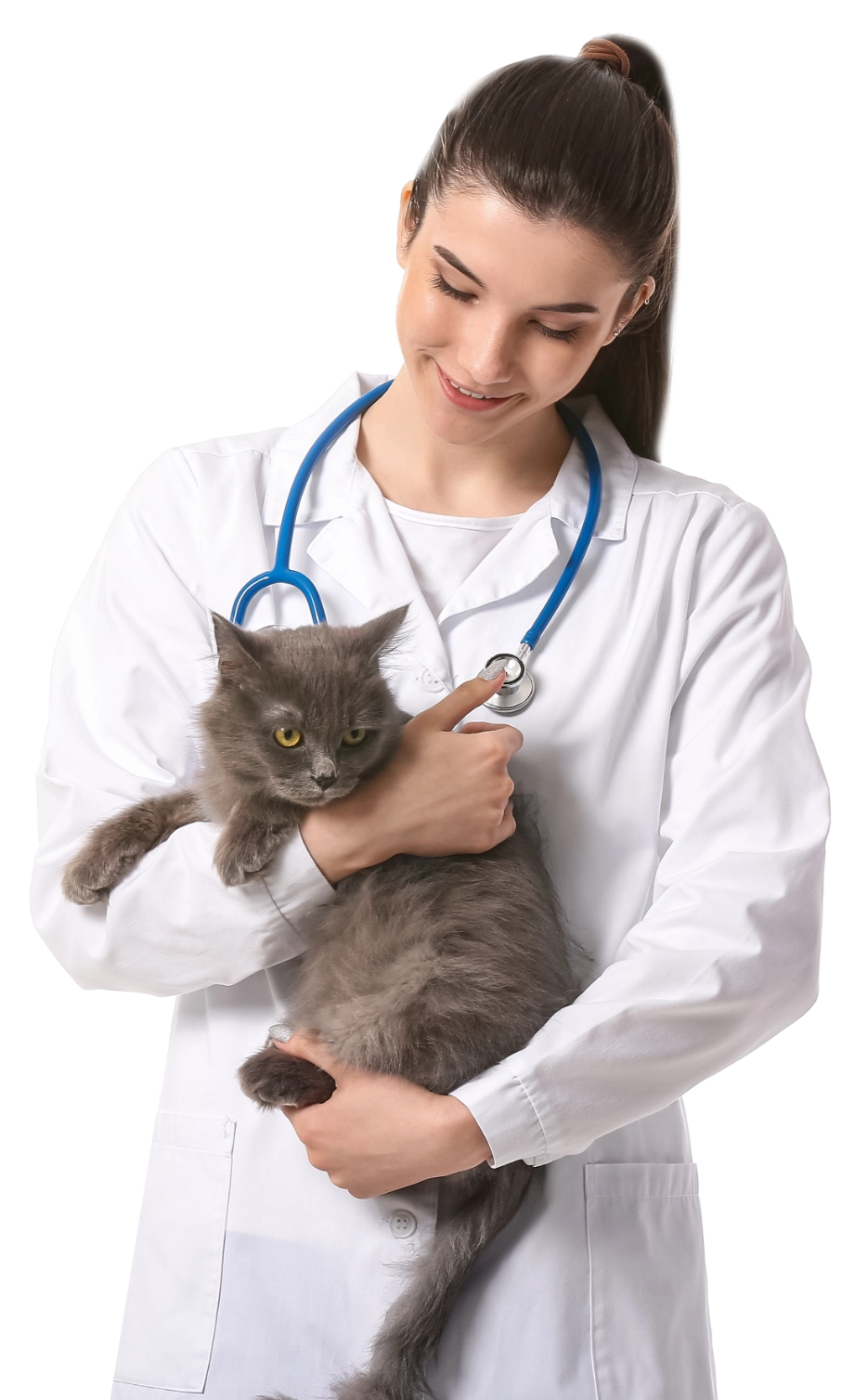

Pet Safety During Holiday Season
When it comes to holiday season, especially with having pets at home, then it’s a point of concern for pet owners. There are some points which you need to keep in mind during this holiday and Christmas festivities.
Food
Keep human food away from pets. If you want to share holiday treats with your pets, make or buy treats formulated just for them, as many types of food we eat can be hazardous for animals, like:
• Chocolate which is toxic to dogs and cats. Although the toxicity can vary based on the type of chocolate (dark or milk chocolate, cacao percentage%), the size of your pet and the ingested amount, it’s safer to consider all chocolate off limits for pets.
• Other sweets and baked goods also should be kept out of reach. Not only are they often too rich for pets; an artificial sweetener often found in baked goods, candy and chewing gum, xylitol, has been linked to liver failure and death in dogs.
• Table scraps – including gravy and meat fat –also should be kept away from pets. Many foods that are healthy for people are poisonous to pets, including onions, raisins and grapes. During the holidays, when our own diets tend toward extra-rich foods, table scraps can be especially fattening and hard for animals to digest and can cause pancreatitis.
• Yeast dough can cause problems for pets, including painful gas and potentially dangerous bloating.
Decoration
Greenery, lights and Christmas trees can make the holidays festive, but they also pose risky temptations for our pets.
• Christmas trees can tip over if pets climb on them or try to play with the lights and ornaments. Consider tying your tree to the ceiling or a doorframe using fishing line to secure it.
• Water additives for Christmas trees can be hazardous to your pets. Do not add aspirin, sugar, or anything to the water for your tree if you have pets in the house.
• Ornaments can cause hazards for pets. Broken ornaments can cause injuries, and ingested ornaments can cause intestinal blockage or even toxicity. Keep any homemade ornaments, particularly those made from salt-dough or other food- based materials, out of reach of pets.
• Tinsel and other holiday decorations also can be tempting for pets to eat. Consuming them can cause intestinal blockages, sometimes requiring surgery. Breakable ornaments or decorations can cause injuries.
• Electric lights can cause burns when a curious pet chews the cords or electric shock!
• Flowers and festive plants can result in an emergency veterinary visit if your pet gets hold of them. Amaryllis, mistletoe, balsam, pine, cedar, and holly are among the common holiday plants that can be dangerous and even poisonous to pets who decide to eat them. Poinsettias can be troublesome as well.
• Candles are attractive to pets as well as people. Never leave a pet alone in an area with a lit candle; it could result in a fire.
• Potpourris should be kept out of reach of inquisitive pets. Liquid potpourris pose risks because they contain essential oils and cationic detergents that can severely damage your pet’s mouth, eyes and skin. Solid potpourris could cause problems if eaten.
Hosting Parties and Visitors
Visitors can upset pets, as can the noise and excitement of holiday parties. Even pets that aren’t normally shy may become nervous in the hubbub that can accompany a holiday gathering. All pets should have access to a comfortable, quiet place inside the house if they want to retreat. Make sure your pet has a room or crate somewhere away from the commotion, where your guests won’t follow and it can have easy access there anytime, if it wants to get away Inform your guests ahead of time that you have pets or if other guests may be bringing pets to your house. If guests ask to bring their own pets and you don’t know how the pets will get along, you should either politely decline their request or plan to spend some time prior.
Holiday Travel
Whether you take your pets with you or leave them behind, take these precautions to safeguard them whenever you’re traveling.
• Interstate and international travel regulations require any pet you bring with you to have a health certificate from your veterinarian – even if you are traveling by car. Learn the requirements for any region you plan to visit or pass through, and schedule an appointment with your veterinarian to get the necessary certificates within the timeframes required by that region. Even Santa’s reindeer need to get health certificates for their annual flight around the world.
• Pets in vehicles should always be safely restrained and should never be left alone in the car in any weather. Proper restraint means using a secure harness.
When you leave the House
• Unplug decorations while you’re not around. Cats, dogs and other pets are often tempted to chew electrical cords.
• Take out the trash to make sure your pets can’t get to it, especially if it contains any food or food scraps.
Watch out for the signs and if you suspect they have ingested something or might have eaten from your Christmas table, call us right away for proper advice and treatment. Always remember that quick action when it comes to pet emergencies will definitely save him from a serious injury.
recent post
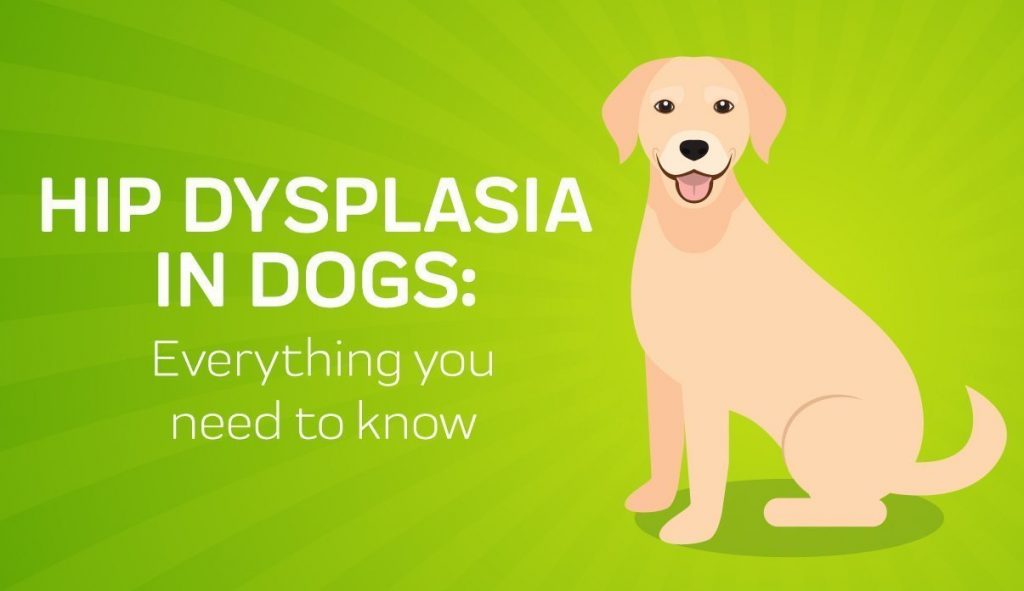
EARLY DETECTION AND TREATMENT OF HIP DYSPLASIA IN PUPPIES
Hip Dysplasia in dogs is an anatomical orthopedic condition which has a genetic background and affects mostly..
learn more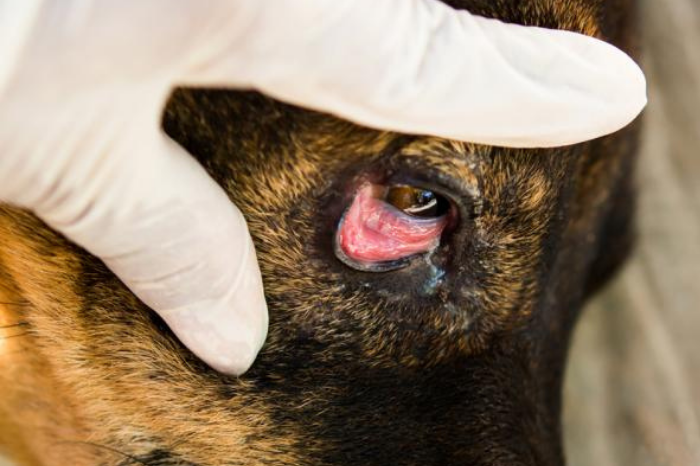
“CHERRY EYE” or PROTRUSION OF THE GLAND OF THE 3rd EYELID
Protrusion of the gland of the third eyelid (or “cherry eye”) occurs most commonly in dogs and..
learn more
